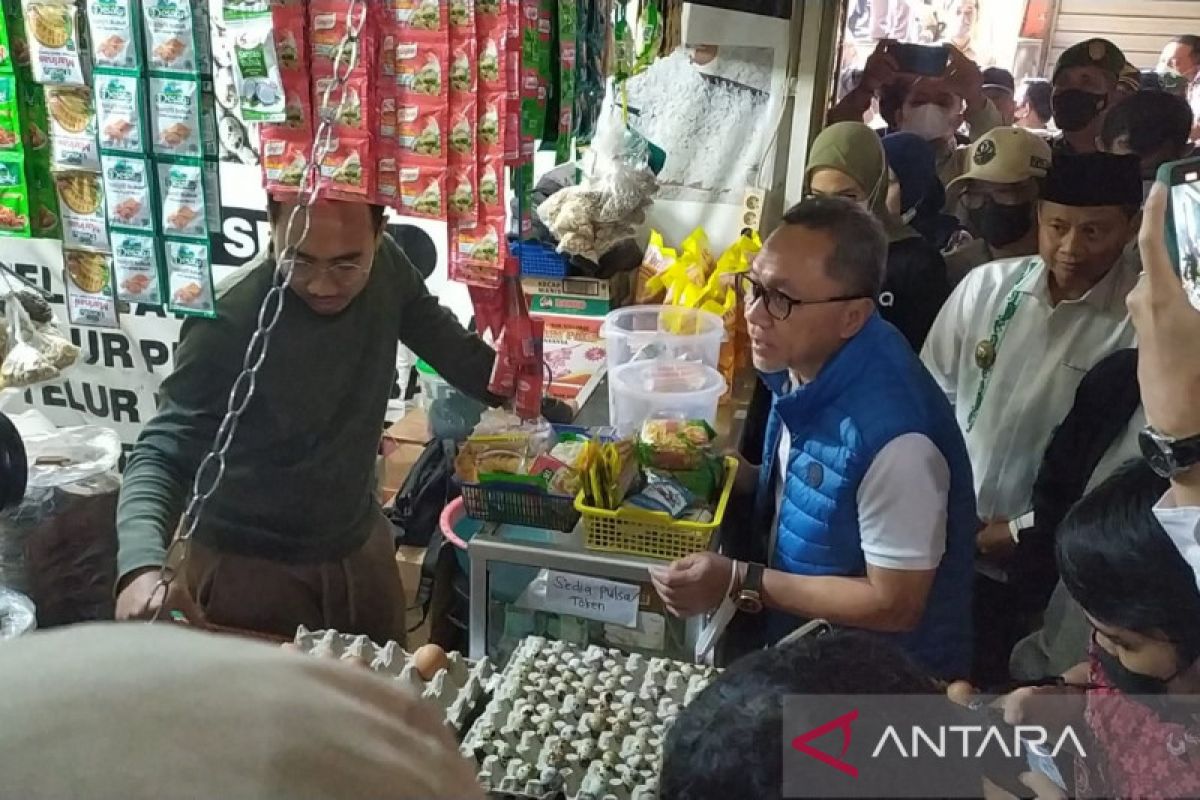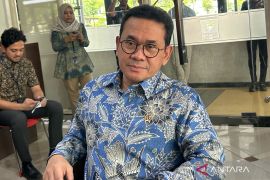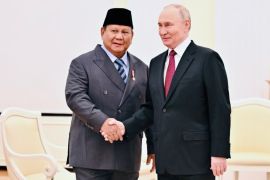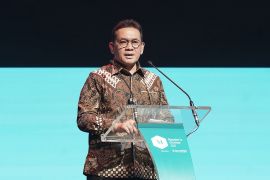According to Hasan, the regulation is expected to improve the economic circumstances of small kiosks. He acknowledged to having the idea for this since 2004.
The regulation will be issued, so that those, with mini markets, have to serve kiosks around them at the same price, he remarked.
Currently, sub-districts in various regions already have mini markets. With the regulation being in place, he expects that the trade distribution chain can be more affordable for people-owned kiosks.
If kiosks have to go to agents, distributors, and factories, then it would necessitate a long and expensive process. However, if they are logistically assisted by mini markets, then the price can be cheaper, Hasan explained.
If these kiosks become economically developed, then the impact of this would also be felt by mini market owners.
Related news: Govt urged to control mushrooming mini-markets
Meanwhile, Deputy Governor of West Java Uu Ruzhanul Ulum is keen to have mini market enterprises to provide space for micro, small, and medium enterprises' (MSMEs') products.
At the very least, 30 percent of the products that exist in a mini market should be products produced by MSMEs around these mini markets. This is because mini markets have already made their way to villages, he noted.
"We, as the government, have the responsibility to bolster the people's purchasing power. Hence, the existing instruments should encourage this," Ulum remarked.
While visiting Bandung District, the minister also called for digitalization of the traditional market.
The digitalization system or online trade can facilitate transactions between sellers and buyers. This market digitalization system became one of the directives of President Joko Widodo to the Ministry of Trade.
Related news: 32 mini-markets robbed during January-June
Related news: Bogor police arrest 11 armed minimarket robbers
Translator: Bagus Ahmad R, Fadhli Ruhman
Editor: Suharto
Copyright © ANTARA 2022












